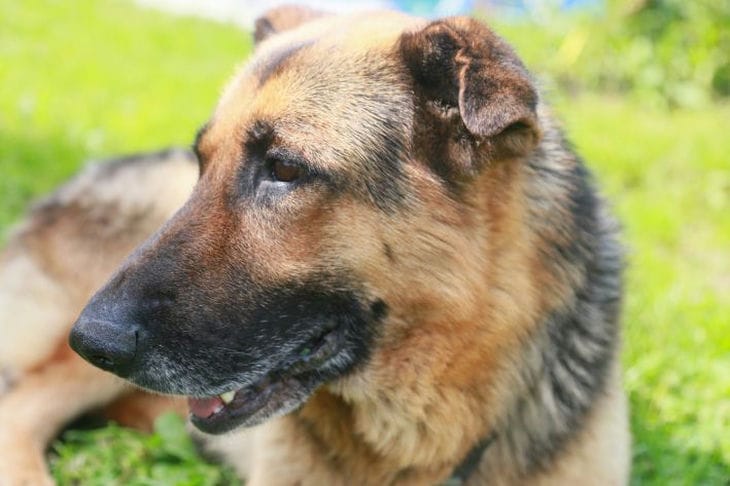Why the dog became disobedient: important information for dog owners
When a pet suddenly begins to ignore commands and behave in an unusually aggressive or restless manner, many owners wonder: why did the dog become disobedient?
Changes in behavior can be caused by a variety of factors, from physiological problems to psychological stress.
It is important to understand the possible reasons for this behavior.
Changes in health and physical condition
The first step in determining the cause of your dog's disobedience is to check its physical condition.
Any sudden changes in behavior may indicate health problems. Illness, injury, or discomfort may become a source of aggression or anxiety.

If your dog suddenly starts ignoring commands or showing aggression, it may be time to visit the vet. Regular medical checkups will help identify and correct potential problems early.
Lack of physical activity
Dogs, especially active breeds, require regular exercise. Lack of activity can lead to energy buildup that results in destructive behavior.
If a dog does not get enough exercise and play, it may become disobedient as a way to release pent-up energy.
Daily long walks and active play will help your dog stay calm and obedient.
Psychological factors and stress
Dogs, like people, can experience stress and anxiety. Moving, having a new family member or pet, or changes in routine can all cause stress and, as a result, disobedience.
It is important to monitor your dog's emotional state and provide extra attention and care if needed.
A calm atmosphere and a stable daily routine will help your pet adapt to changes and reduce stress levels.
Lack of clear rules and commands
One of the most common reasons for disobedience is the lack of clear rules and commands. If the dog does not understand what is expected of it, it will act at its own discretion.
Regular training and repetition of commands will help establish clear boundaries and rules of behavior.
Use positive reinforcement to encourage good behavior and correct unwanted behavior.
Social adaptation and communication
Socialization plays a key role in a dog's behavior. Lack of interaction with other dogs and people can lead to behavior problems.
Regularly meeting other pets and participating in group activities will help your dog better adapt to different situations and reduce the level of aggression or fear.
Short-term changes in behavior
It is important to consider that changes in behavior may be temporary and related to certain events or phases in the dog's life.
For example, puberty or heat in female dogs can temporarily change behavior. In such cases, it is important to be patient and continue to follow the established rules and routine.
Consultation with a professional
If you cannot independently determine the reason for the change in your dog's behavior, you should seek help from a professional dog handler or trainer.
An experienced specialist will be able to conduct a detailed analysis and offer an individual training and behavior correction plan.
Earlier we wrote about how to train a dog to stay home alone.
